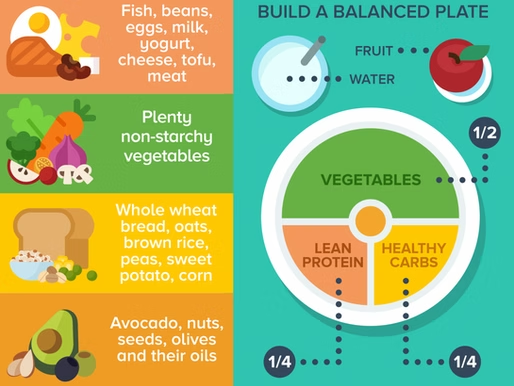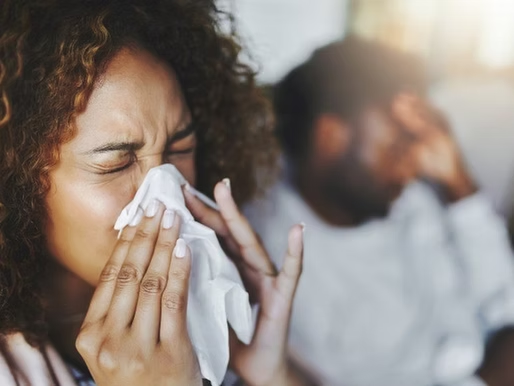Table of Contents
ToggleFAQ: COVID-19 & The Delta Variant
Source: CDC
Stay informed as guidance evolves. For the latest updates, visit the CDC’s COVID-19 page.
What if I lost my vaccination card?
If you’ve lost your vaccination card, contact the site where you received your vaccine to access your vaccination record.
👉 Learn how to locate your vaccination provider.
If I’ve already had COVID-19 and recovered, do I still need to get vaccinated?
Yes. Experts do not yet know how long natural immunity lasts, and reinfection is possible. Studies show that vaccination provides a strong boost in protection—even for those who’ve recovered.
If you received monoclonal antibodies or convalescent plasma, wait 90 days before getting vaccinated.
If you or your child had MIS-A or MIS-C, wait until full recovery and 90 days after diagnosis before getting vaccinated.
CDC will continue to update guidance as new data becomes available.
Is it safe for my child to get a COVID-19 vaccine?
Yes. Vaccines are safe and effective for children 12 years and older. Like adults, children may experience mild side effects, but these should go away within a few days. COVID-19 vaccines have undergone the most intensive safety monitoring in U.S. history.
Why should my child get vaccinated?
Although children are less likely to experience severe COVID-19, they can get sick and spread the virus to others. Vaccinating your child protects your family and community.
Currently, only the Pfizer-BioNTech vaccine is authorized for children 12+.
What are the ingredients in COVID-19 vaccines?
Vaccine ingredients vary by manufacturer. Learn more here:
Do I need to wear a mask if I’m fully vaccinated?
You can resume many activities without a mask, except:
Indoors in areas of substantial or high transmission
Where required by law, business policy, or local guidance
Can I choose which COVID-19 vaccine I get?
Yes. All authorized vaccines are safe and effective. CDC does not recommend one over another.
Note: A rare condition called TTS (thrombosis with thrombocytopenia syndrome) has been reported after the J&J vaccine—mostly in women ages 18–49. If you’re concerned, Pfizer and Moderna do not show this risk.
If I’m pregnant, can I get vaccinated?
Yes. Vaccination is recommended for people who are:
Pregnant
Breastfeeding
Trying to get pregnant
Planning to become pregnant
While a conversation with your doctor may be helpful, it is not required before getting the vaccine.
👉 If you’re pregnant and vaccinated, consider enrolling in v-safe—CDC’s smartphone-based check-in tool.
How long does protection from the vaccine last?
We don’t yet know exactly how long immunity lasts. What we do know is that COVID-19 can cause severe illness and death, and the vaccine offers safer, more reliable protection than infection.
CDC continues to monitor natural and vaccine-induced immunity.
How many doses will I need?
It depends on the vaccine:
Pfizer-BioNTech: 2 doses, 3 weeks (21 days) apart
Moderna: 2 doses, 1 month (28 days) apart
J&J/Janssen: 1 dose only
Second doses should be taken as close to the recommended interval as possible—but can be given up to 6 weeks (42 days) later. Do not get the second dose earlier than scheduled.
Can people with underlying conditions get vaccinated?
Yes. People with underlying medical conditions can and should get vaccinated—unless they’ve had a severe allergic reaction to a COVID-19 vaccine or one of its ingredients.
Vaccination is especially important for adults at increased risk of severe illness.
👉 More on vaccine guidance for people with health conditions
Can I get vaccinated if I’m currently sick with COVID-19?
No. Wait until:
You’ve recovered from your illness
You’ve met the criteria to end isolation
This applies to people who become infected before their second dose as well.


